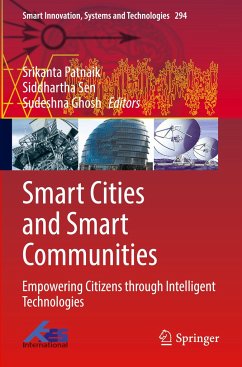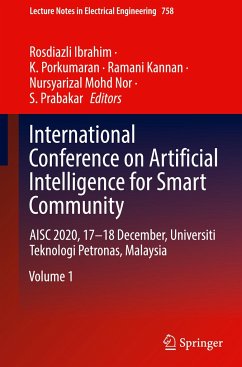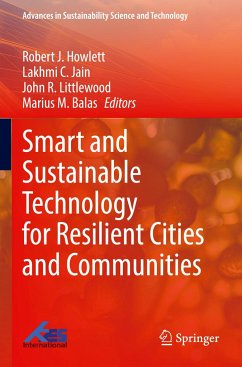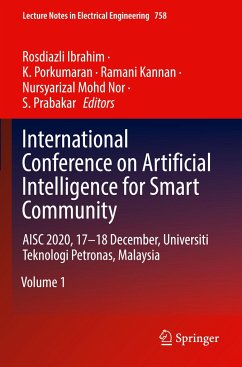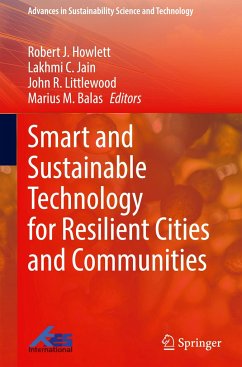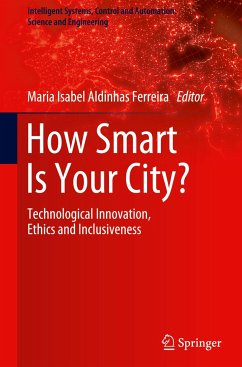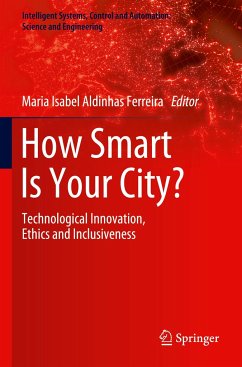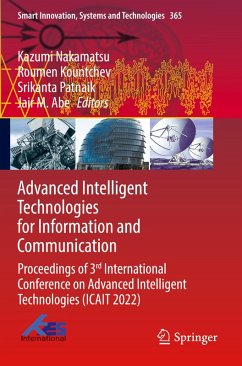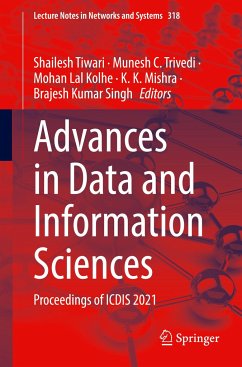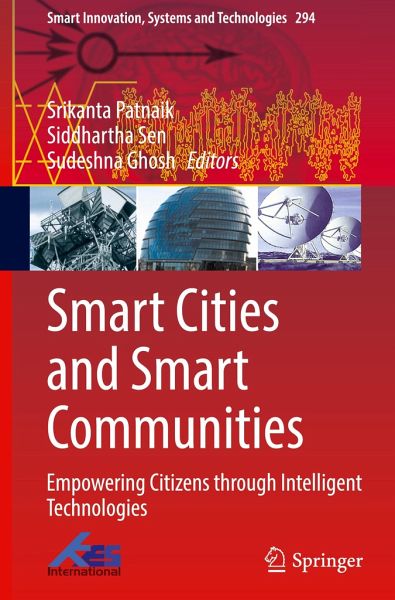
Smart Cities and Smart Communities
Empowering Citizens through Intelligent Technologies
Herausgegeben: Patnaik, Srikanta; Sen, Siddhartha; Ghosh, Sudeshna

PAYBACK Punkte
68 °P sammeln!
"Smart City" programs and strategies have become one of the most dominant urban agendas for local governments worldwide in the past two decades. The rapid urbanization rate and unprecedented growth of megacities in the 21st century triggered drastic changes in traditional ways of urban policy and planning, leading to an influx of digital technology applications for fast and efficient urban management. With the rising popularity in making our cities "smart", several domains of urban management, urban infrastructure, and urban quality-of-life have seen increasing dependence on advanced informati...
"Smart City" programs and strategies have become one of the most dominant urban agendas for local governments worldwide in the past two decades. The rapid urbanization rate and unprecedented growth of megacities in the 21st century triggered drastic changes in traditional ways of urban policy and planning, leading to an influx of digital technology applications for fast and efficient urban management. With the rising popularity in making our cities "smart", several domains of urban management, urban infrastructure, and urban quality-of-life have seen increasing dependence on advanced information and communication technologies (ICTs) that optimize and control the day-to-day functioning of urban systems. Smart Cities, essentially, act as digital networks that obtain large-scale real-time data on urban systems, process them, and make decisions on how to manage them efficiently. The book presents 26 chapters, which are organized around five topics: (1) Conceptual framework for smart citiesand communities; (2) Technical concepts and models for smart city and communities; (3) Civic engagement and citizen participation; (4) Case studies from the Global North; and (5) Case studies from the Global South.



